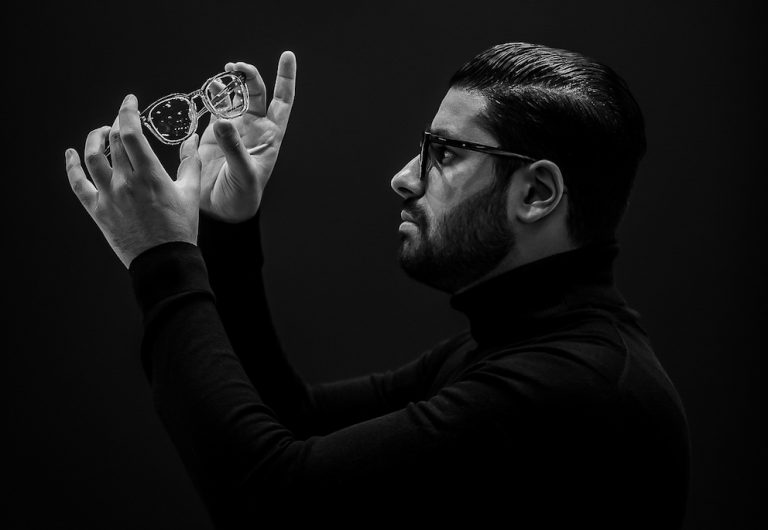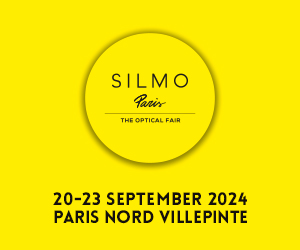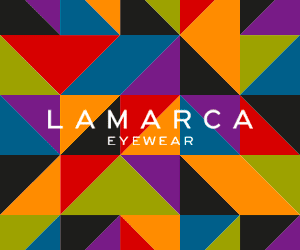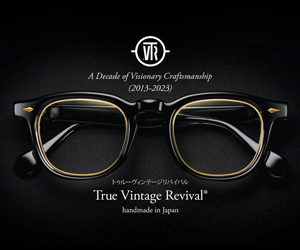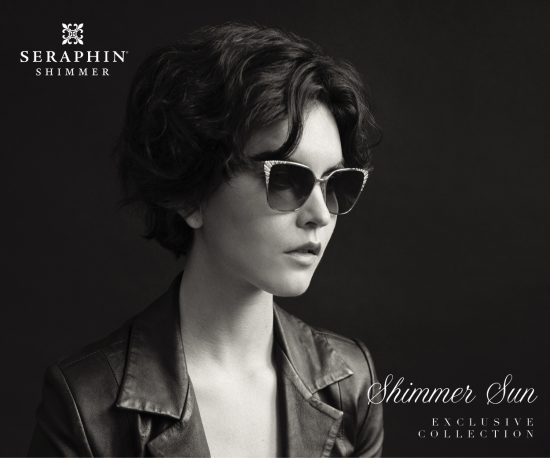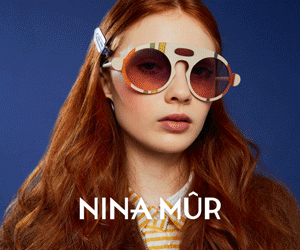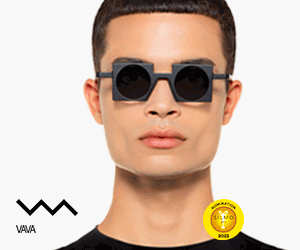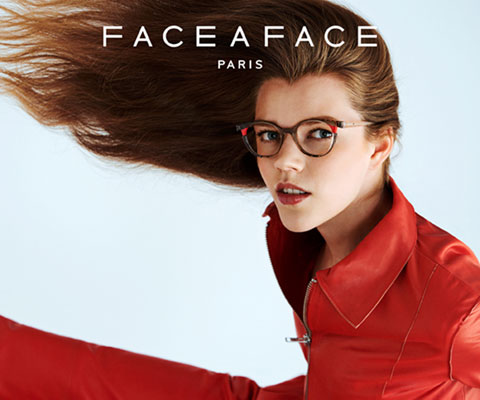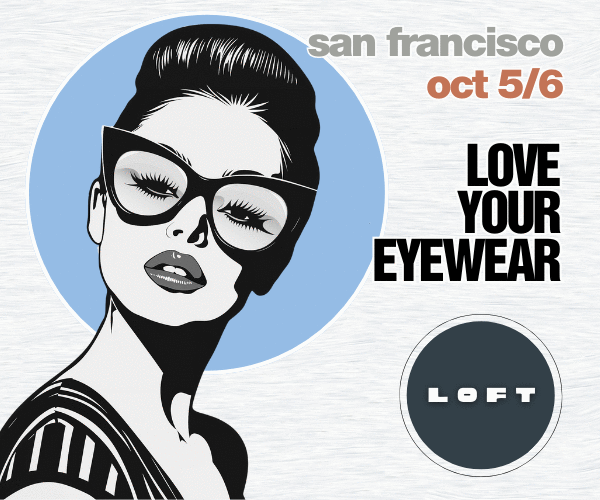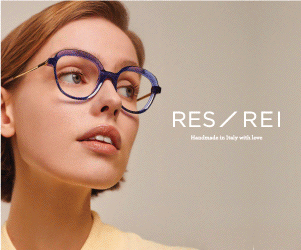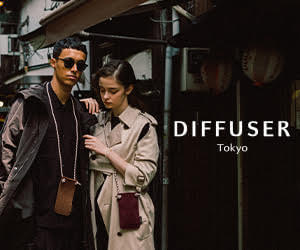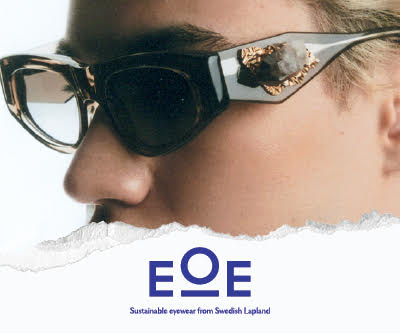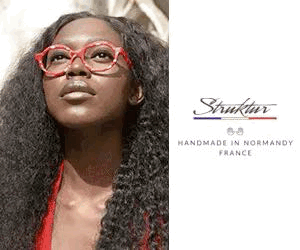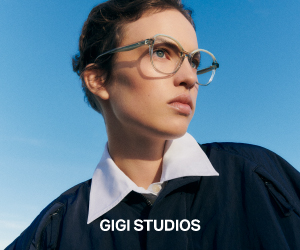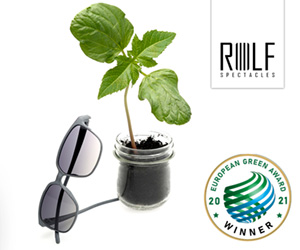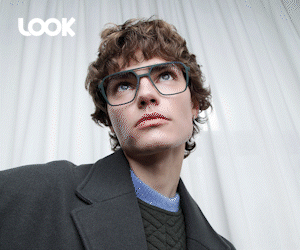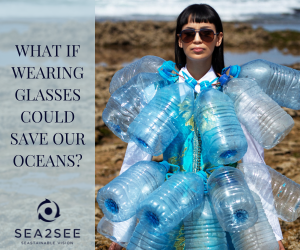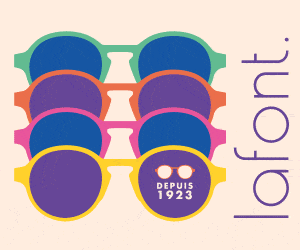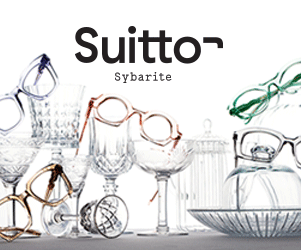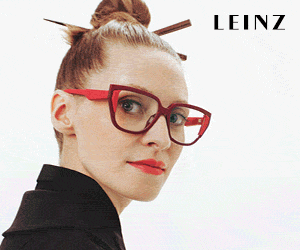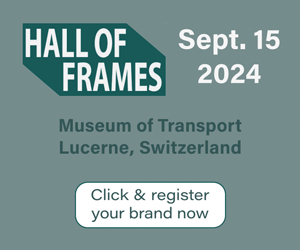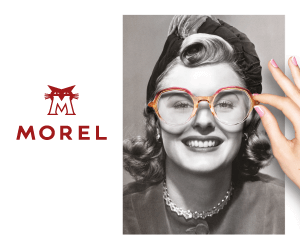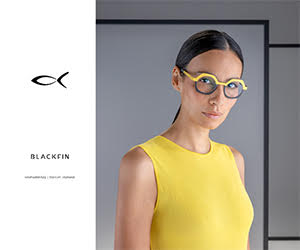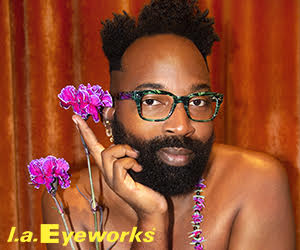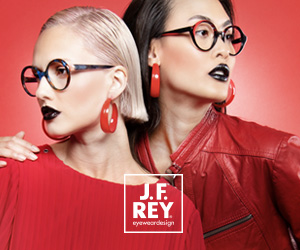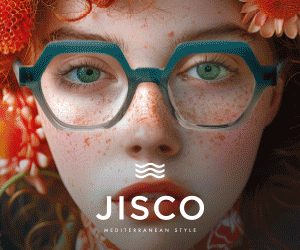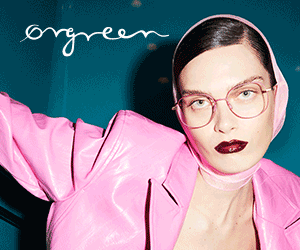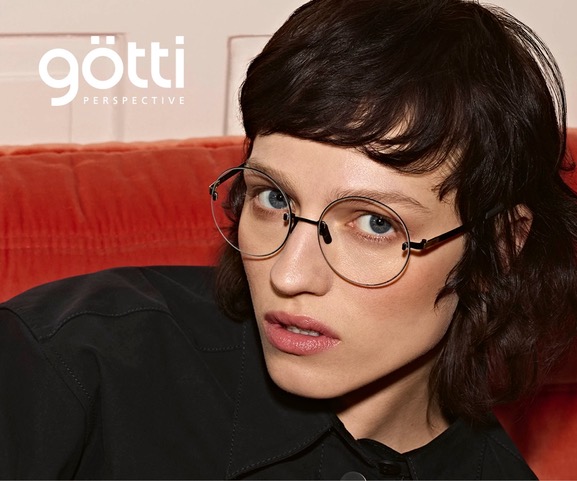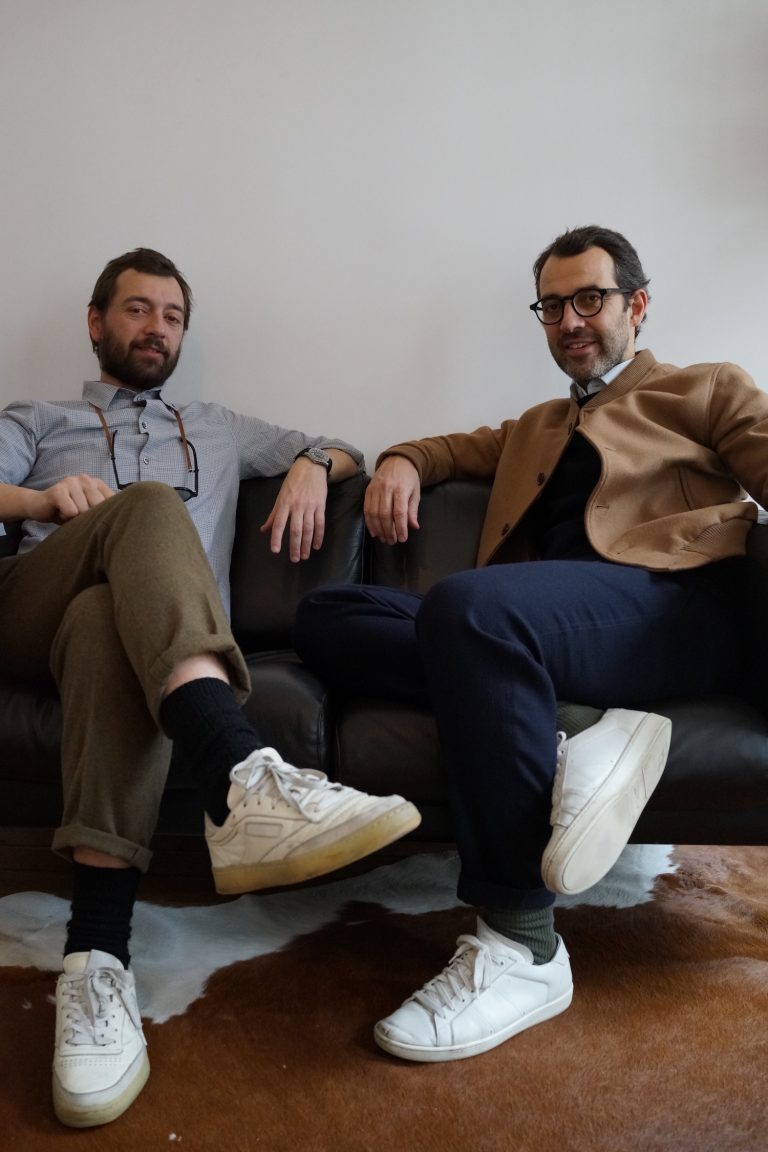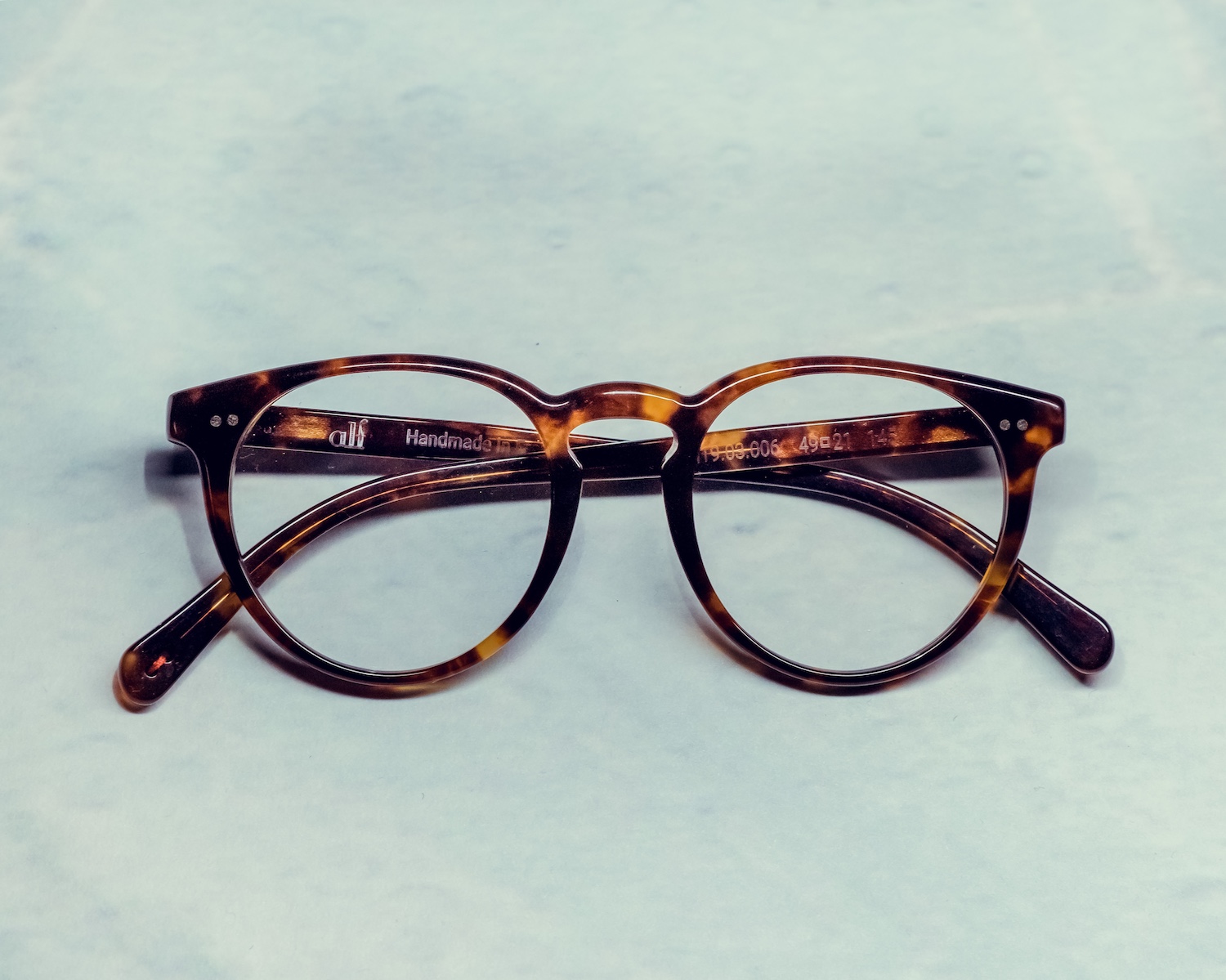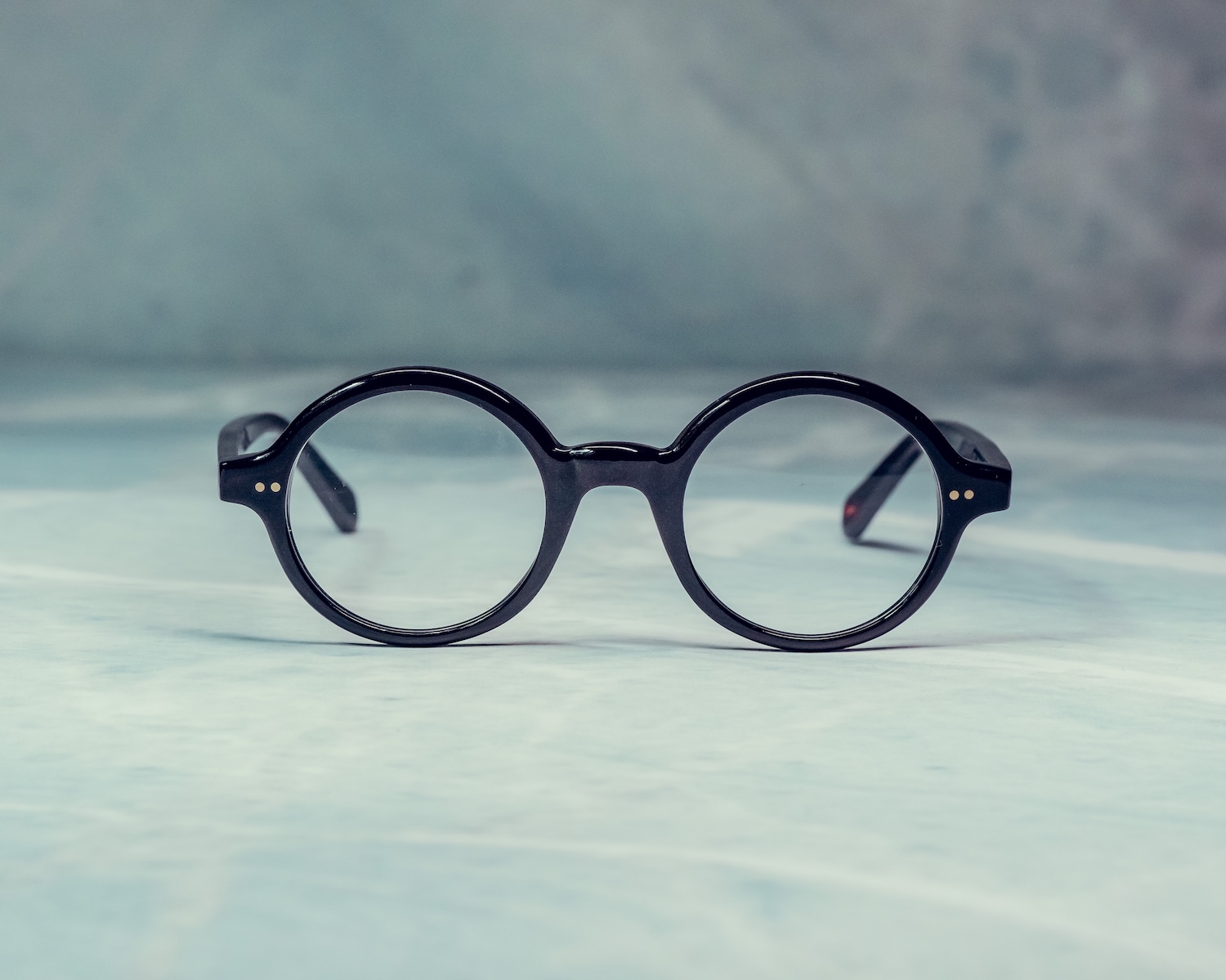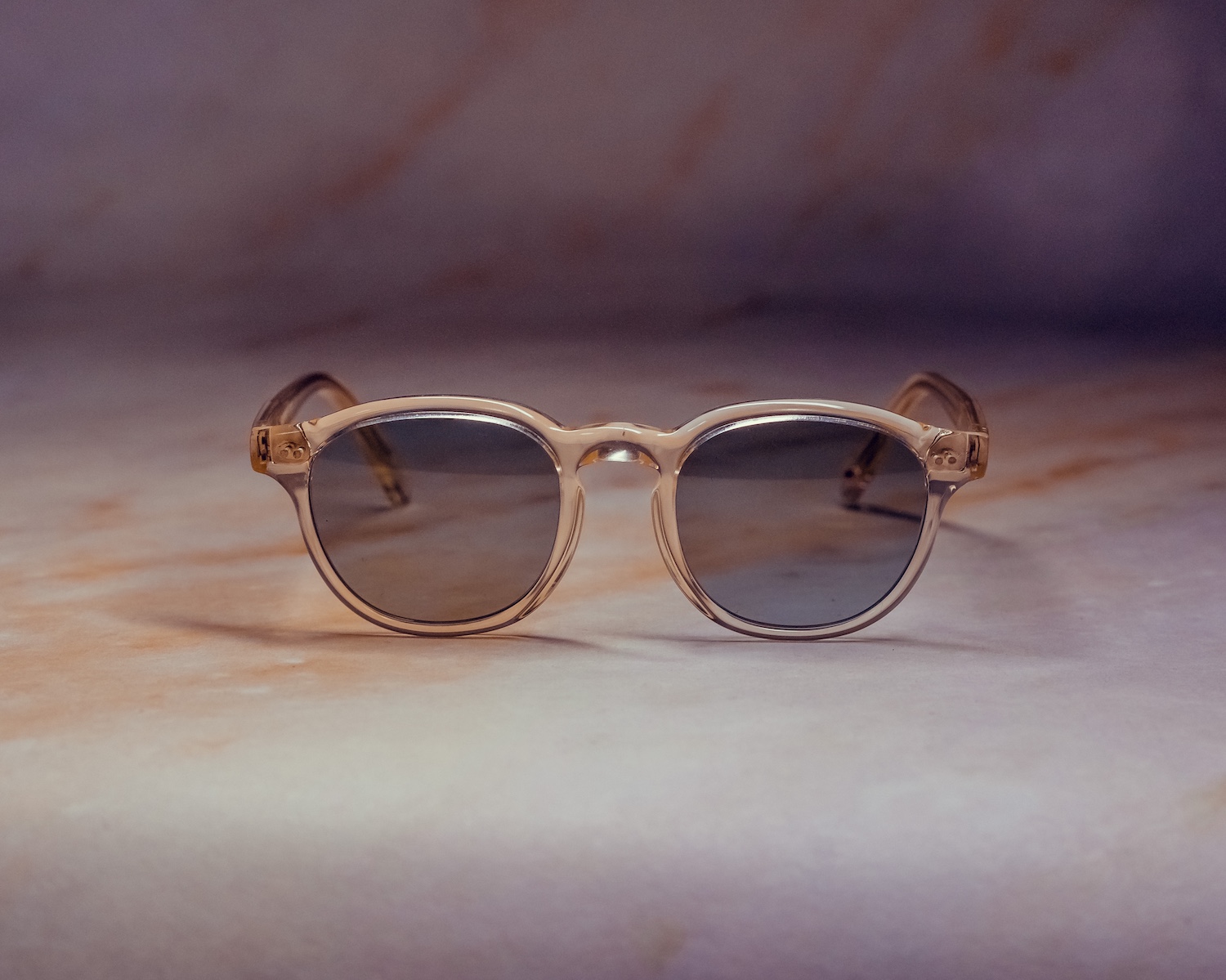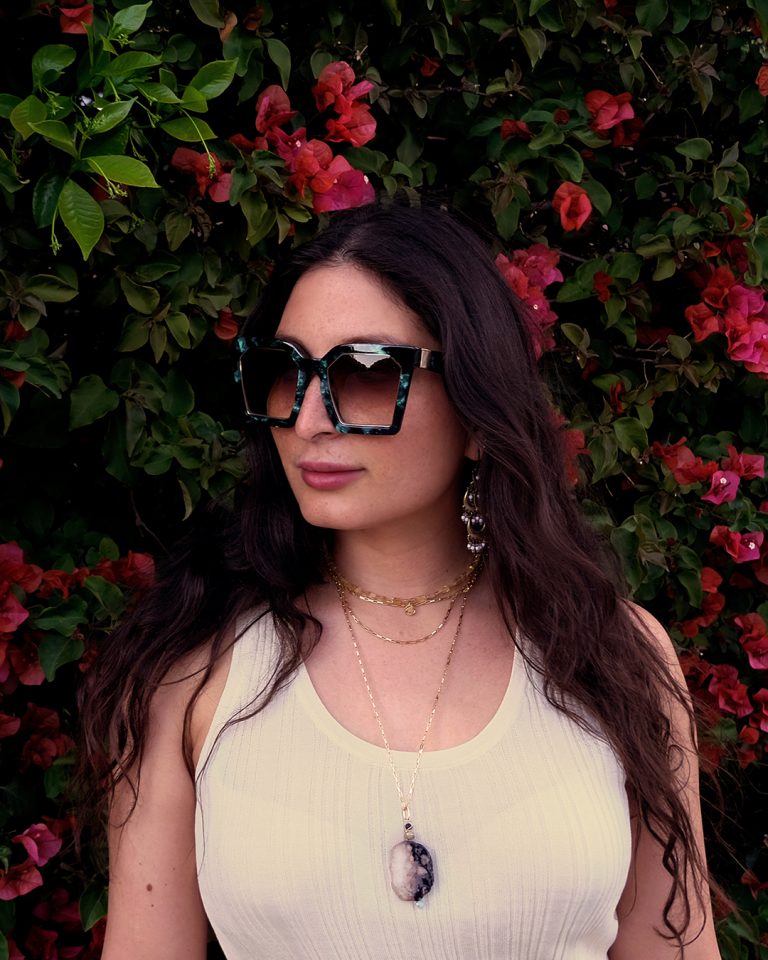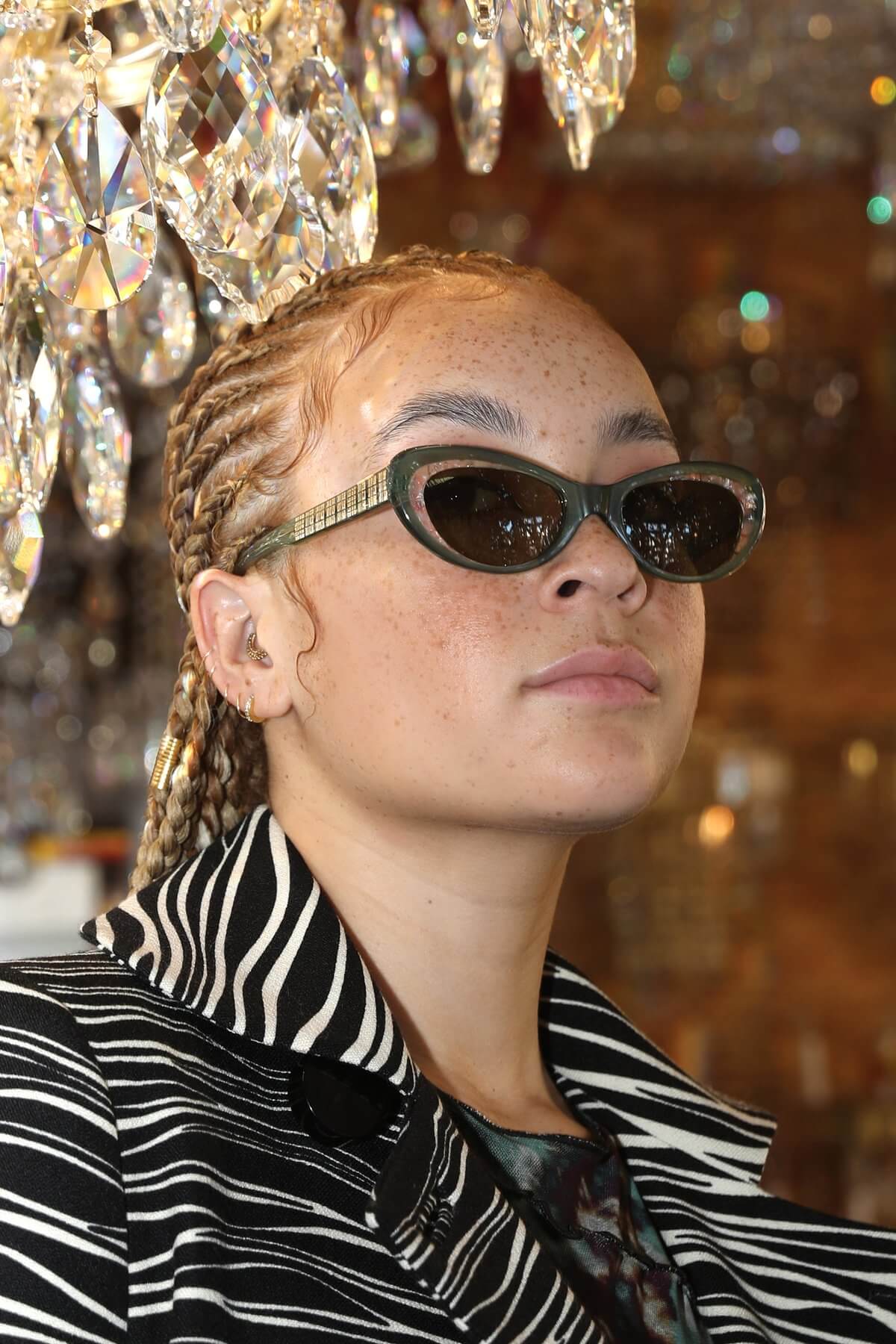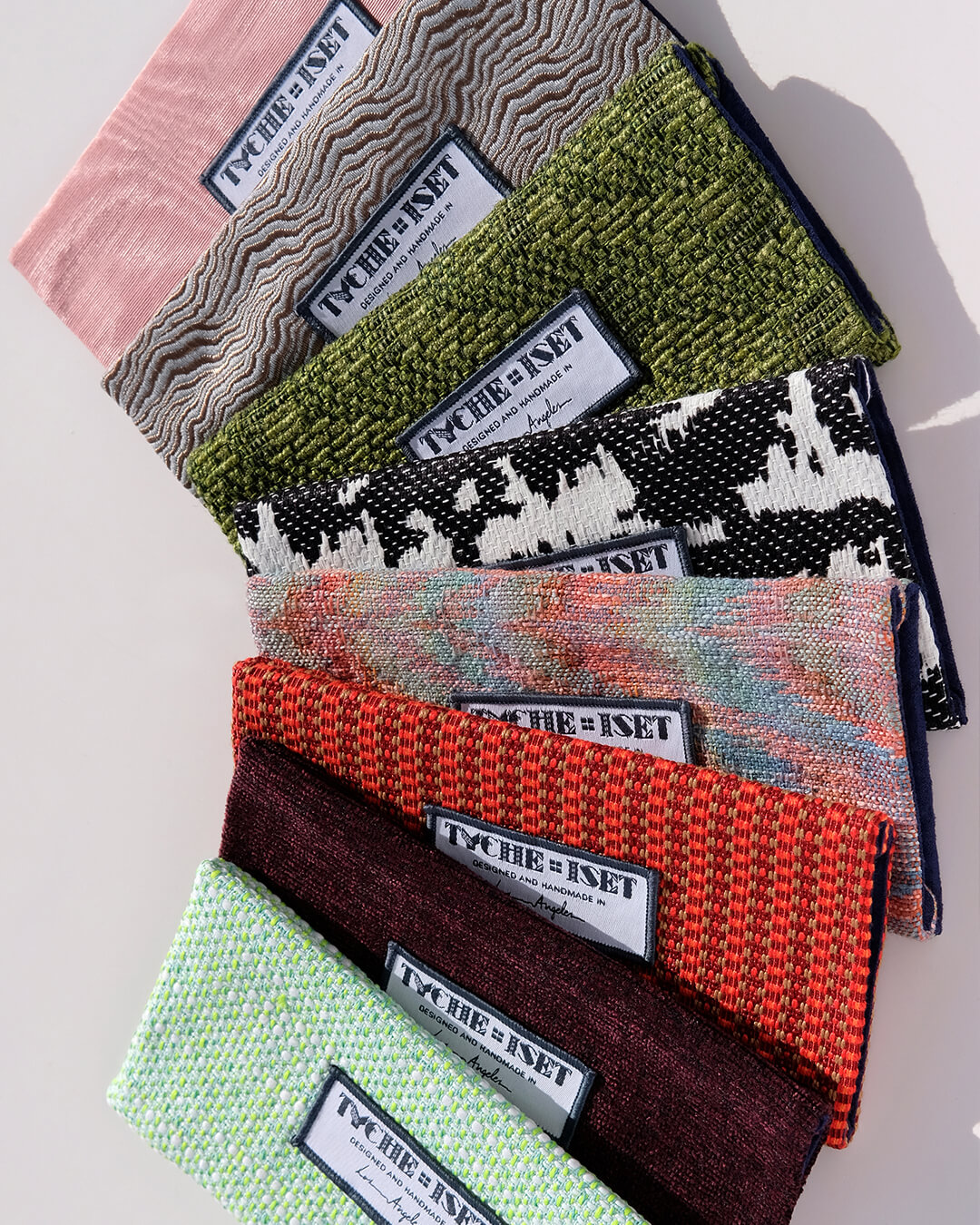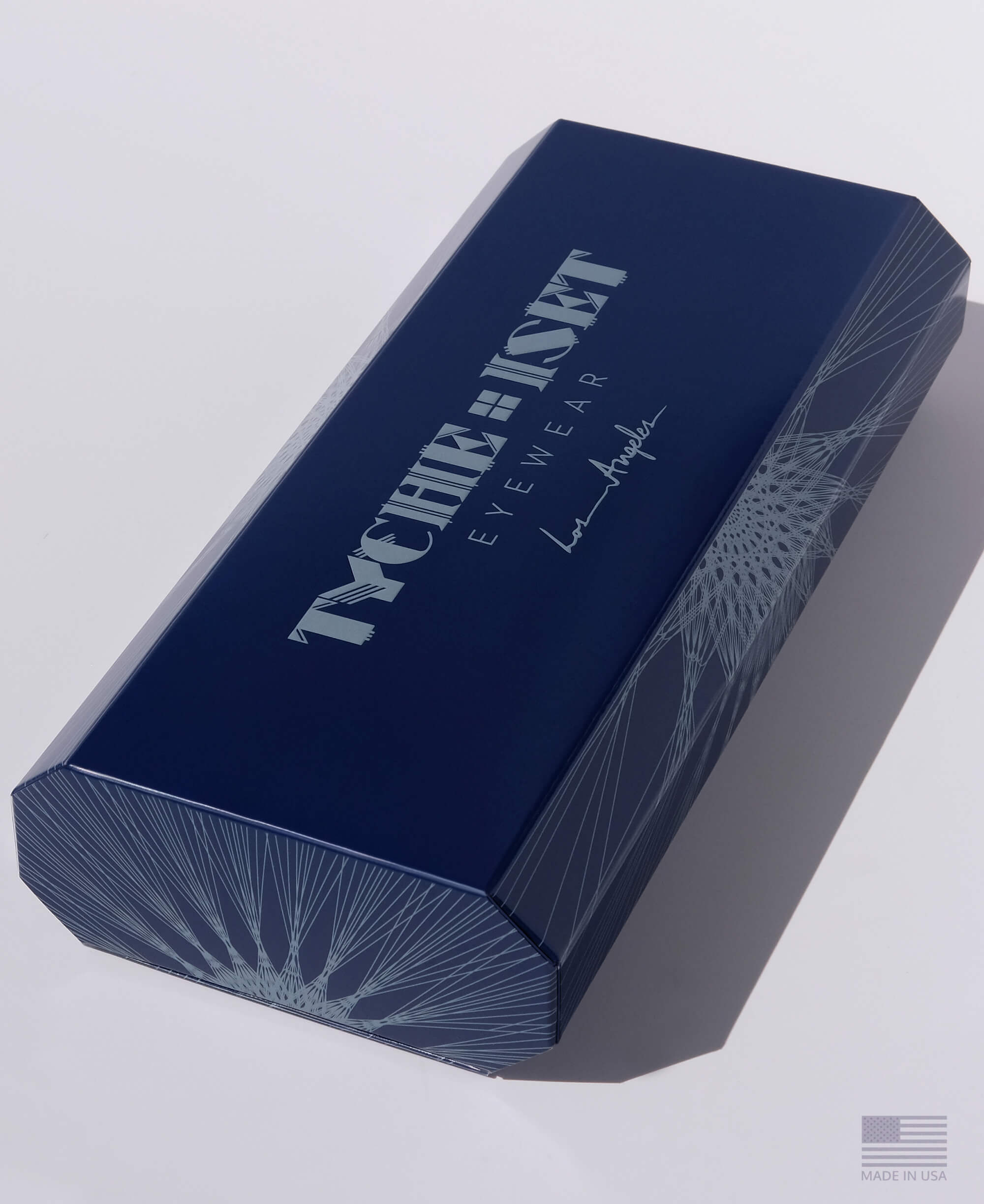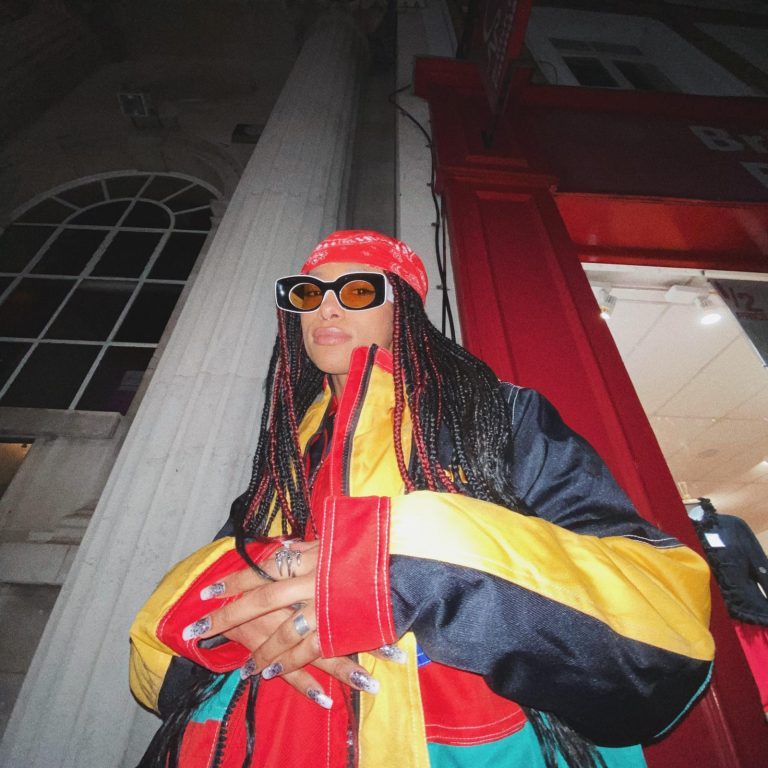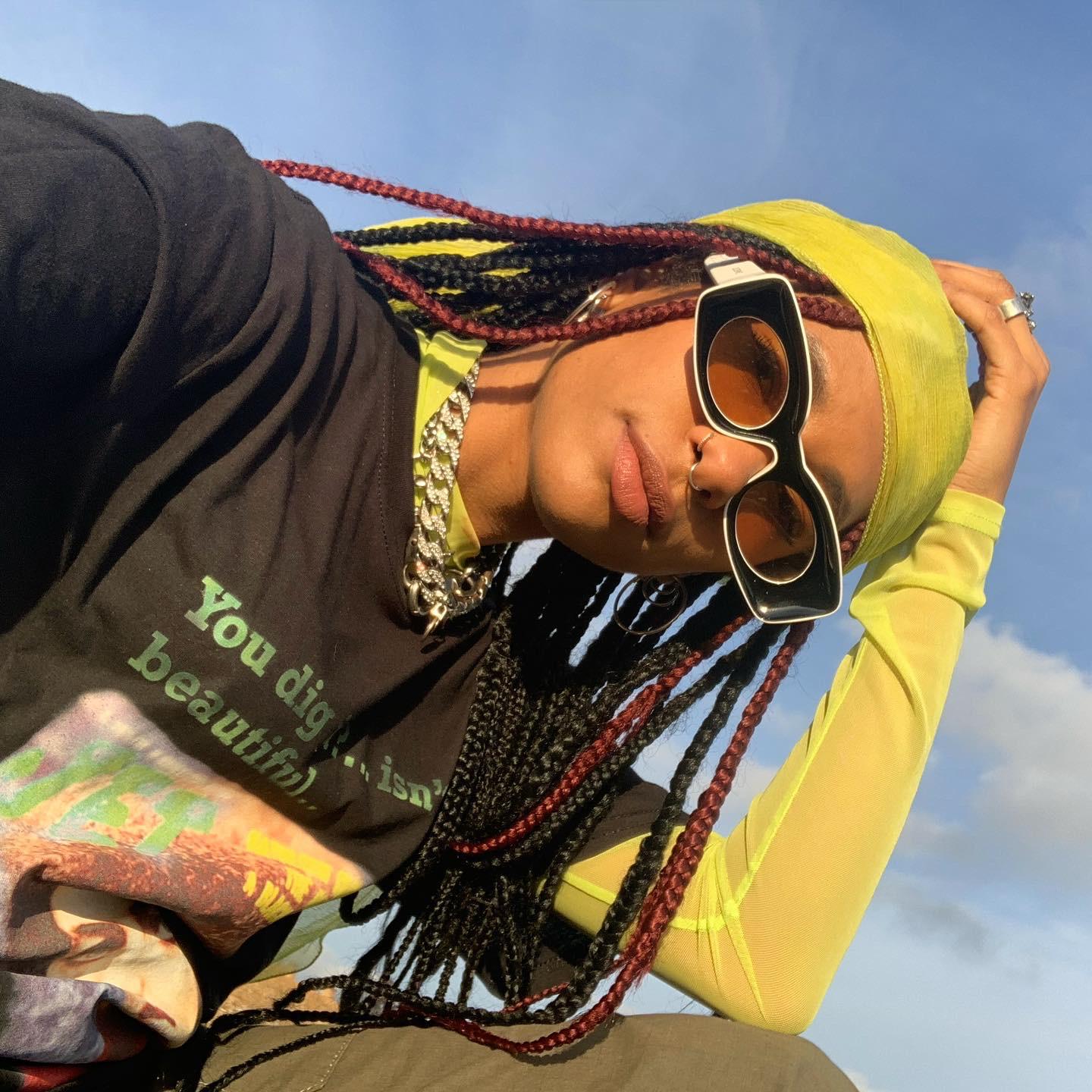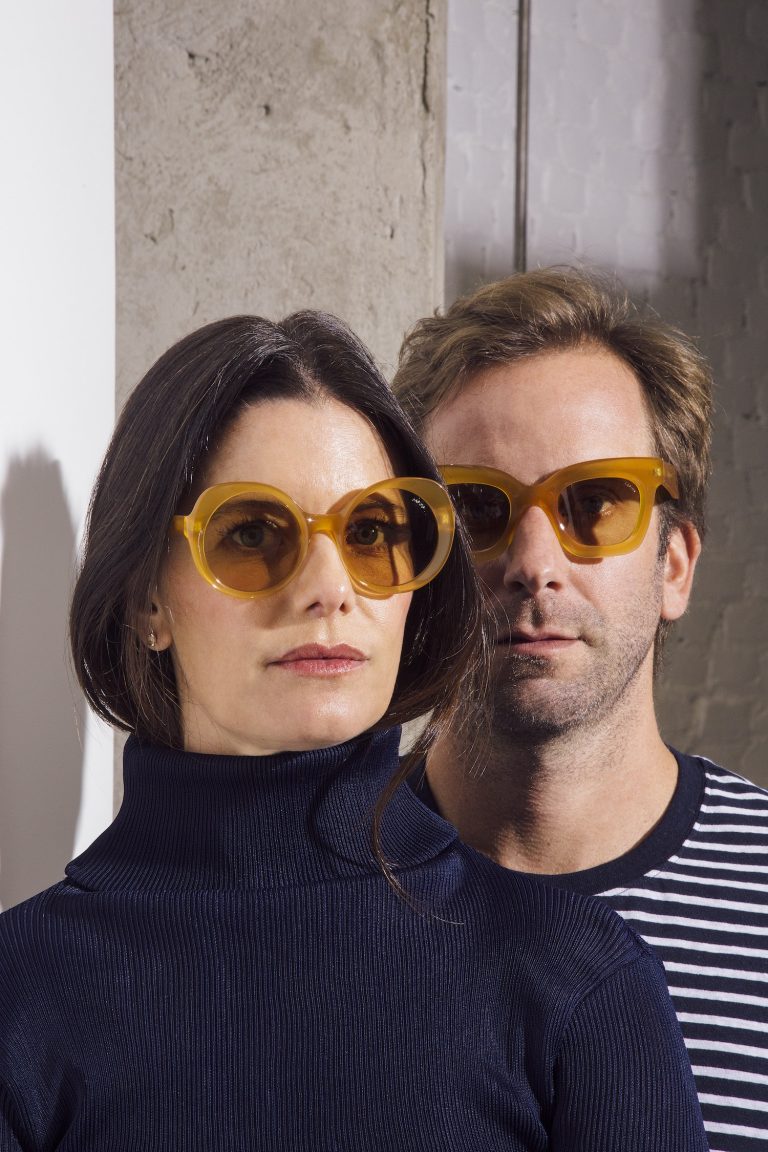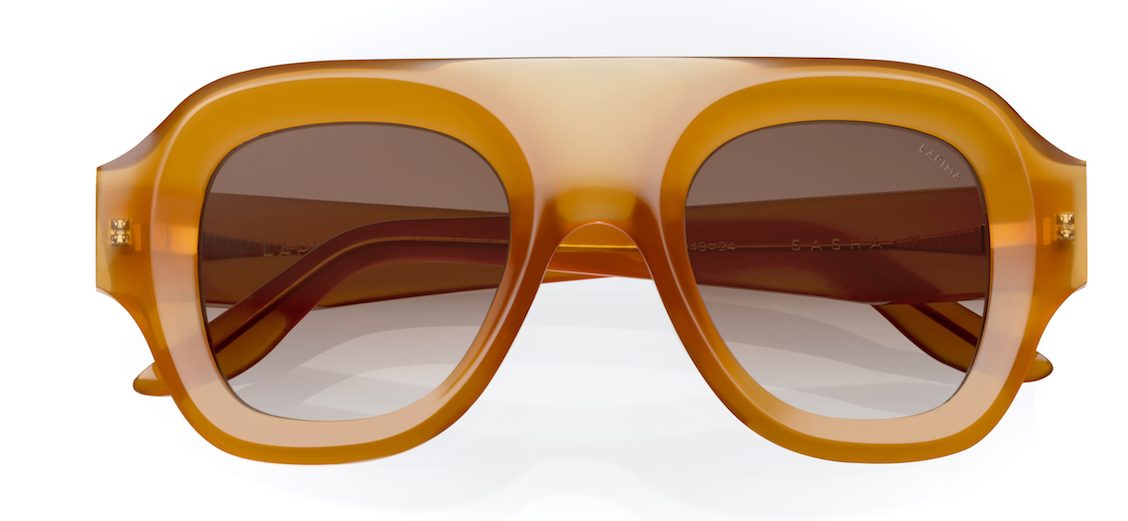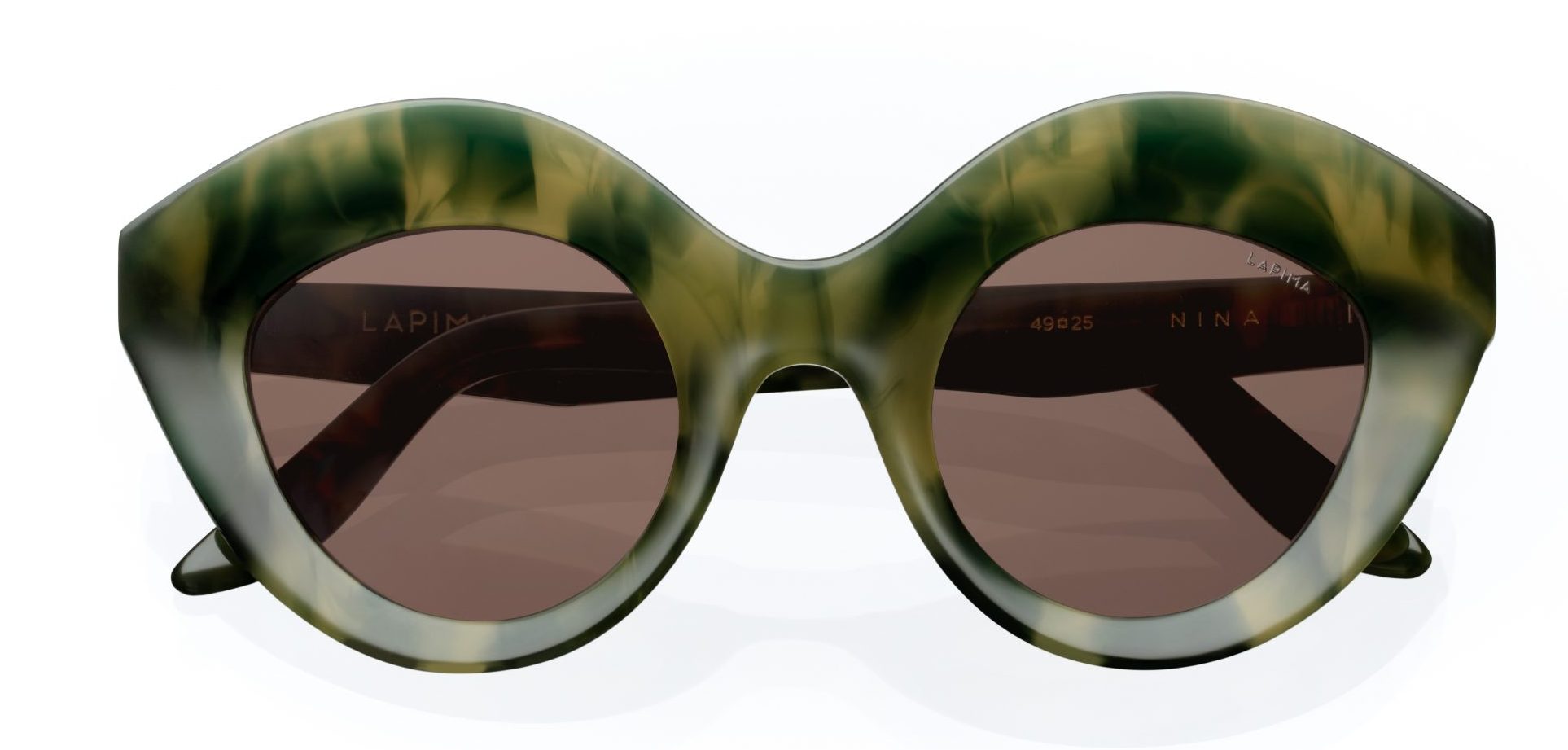The designer cherishes film-making, working with others – and any opportunity to travel. In an interview, we asked him to share his creative design philosophy and explain how it applies to his work.
What was the path that led you to eyewear design and how do your formative experiences shape your design style? Drawing was always a way of communication for me. I have a Persian background, it was not easy to talk German with the other kids in kindergarten. So I mostly expressed myself through small sketches. Over time this turned into a fascination for design and fashion design, everything from jewellery to clothing. Later on, I began an apprenticeship to be an optician. Then the future was clear to me ‘I will design eyewear’ I decided. How this design finally looked was largely inspired by my past, the multicultural aspect of it to be exact. Putting various, different pieces together to create something new, this will always be fascinating to me.
Today Nirvan Javan is a well-known Swiss frame brand. When you first launched, what was your focus, your approach and your goal? When we started, the approach was centered around purism. The glasses themselves stood in the forefront, while details were discarded. The glasses were freed from any kind of excess, not even a logo. Clear lines and a timelessness in design that survives the decades, that is what made the early models unique. Since then, the brand has evolved. This philosophy of purism transformed into a lifestyle, into a concept of ‘enablement’: to let others experience the world at its best.
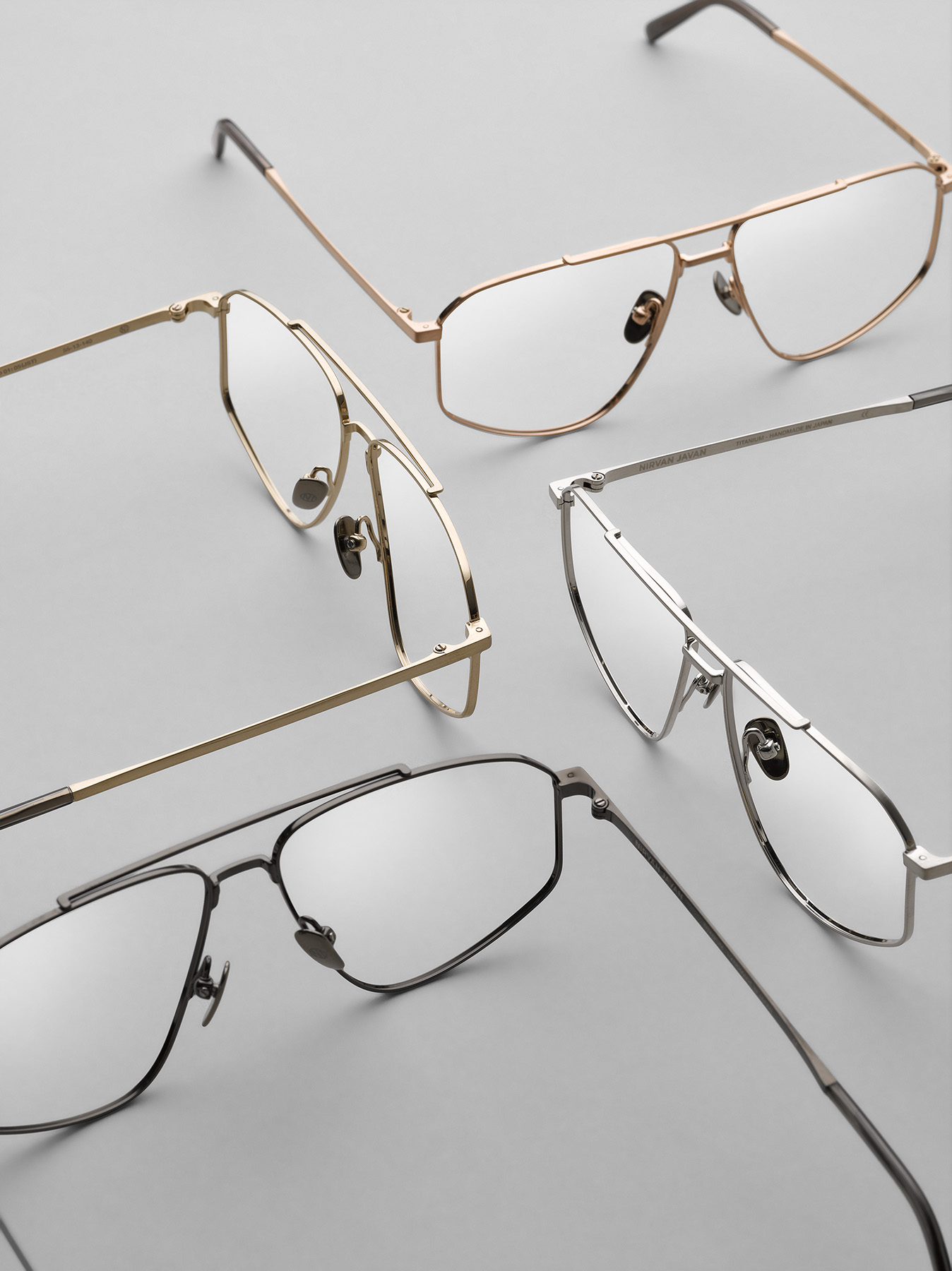
What has been the most inspirational part of your journey, and what has been the most challenging? It’s the literal journeys I take that offer me immense inspiration. Every time I come to a new destination it is an amazing moment for me. Traveling through foreign streets, while trying to be as open as possible, without any kind of preconceptions, makes unique experiences possible. You’re taking in the architecture, the culture and the way of living and let them merge with your own experiences. This year and the past year didn’t make it easy to live this openness though. The pandemic closed the world of and made it difficult in some places and even impossible in others to experience them. But in the end, it has increased our anticipation for visiting the world, when borders open again.
Can you give us an example of your most enjoyable collaboration to date? This summer we created a new collection with Kochoptik – a well-known optician in Switzerland. Our inspiration was the Arabica coffee bean!
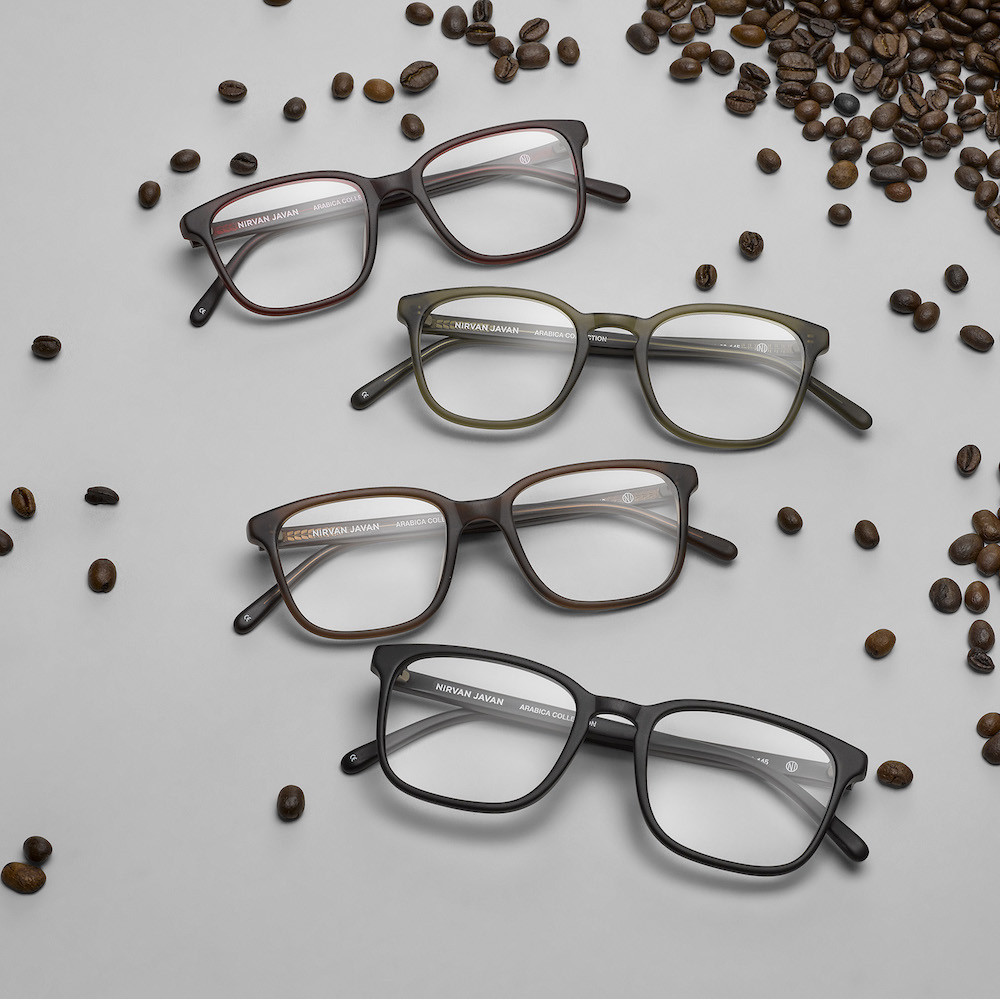
How do you reflect on the last 18 months (of pandemic) and what did you find in that period that has had some positive bearing on you or your company? Last year was a challenge, as well as a great opportunity. One could go deeper into oneself, get inspired and let this inspiration flow into the collections. Nevertheless, I am looking forward to the year ahead with great expectation.
Craft and design are at the very heart of your independent label. When you’re not working, what other passions do you have that relate to these artistic tendencies? Travel is one of my biggest passions. Going to distant places and experiencing different cultures will always be a great pleasure. I would also add storytelling and film. The visual creativity and coordination that goes into the creation of a film fascinates me; I hope this passion translates into our own video production for the brand.
As the new launches arrive, can you pick out for us the theme in your collections that point to the way ahead for your brand and your collections for autumn/winter. The brand counts creativity as one of its guiding principles when translating cities into frames. Capturing the pure essence of a metropolis and then turning it into a material representation of the city, with everything that makes it unique, that is creativity. No matter what new destination the brand is trying to capture in the frames, elegance will always be a defining factor. There’s nothing as elegant as walking through life with an open mind, taking in all the impressions of all the vastly different locations and forming something new out of them. So the act of experiencing new cultures is deeply rooted in my design process. Every aspect of a city and its culture are reflected not only in the shape, but also in the material of the glasses. Tokyo’s interplay of tradition and technology for example can be found in the extravagant forms and high-quality titanium frames. Nirvan Javan will show the new collections at Hall of Frames in Zurich this weekend on 12th and 13th September 2021. www.nirvanjavan.com
